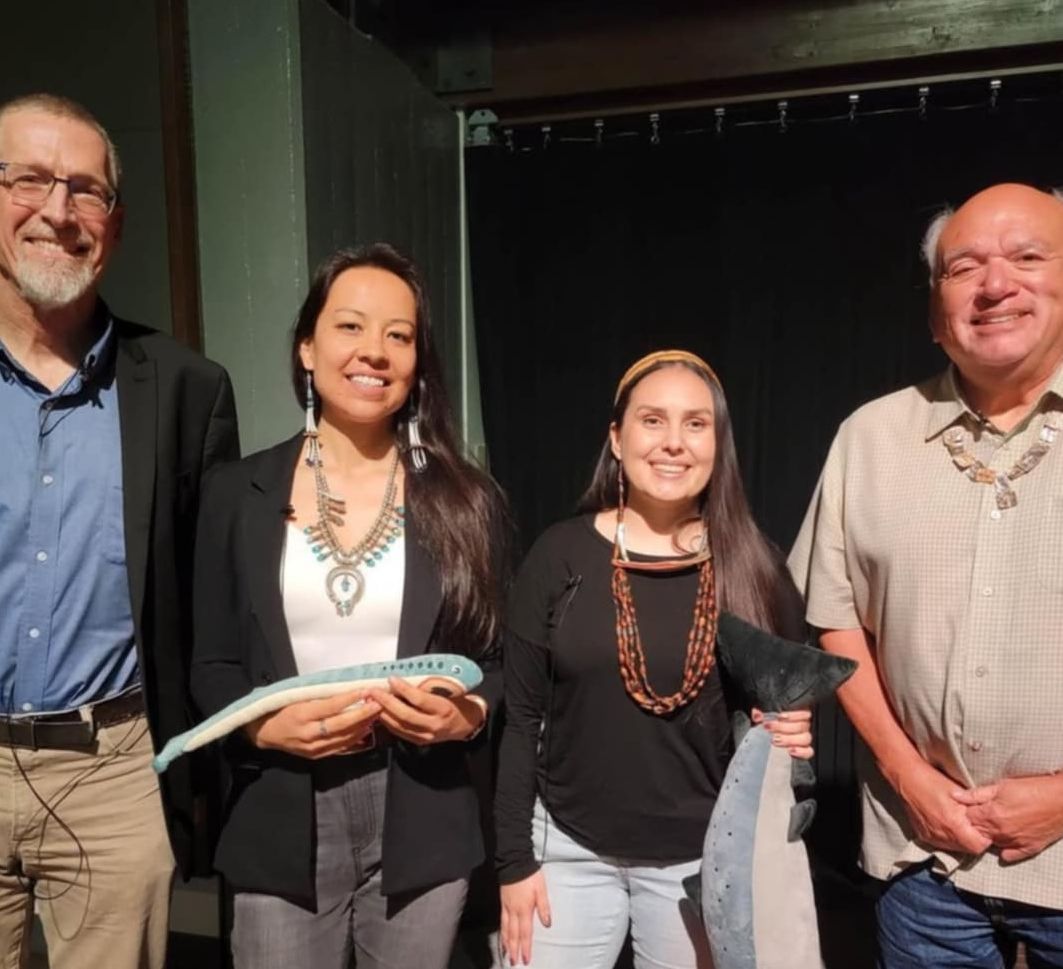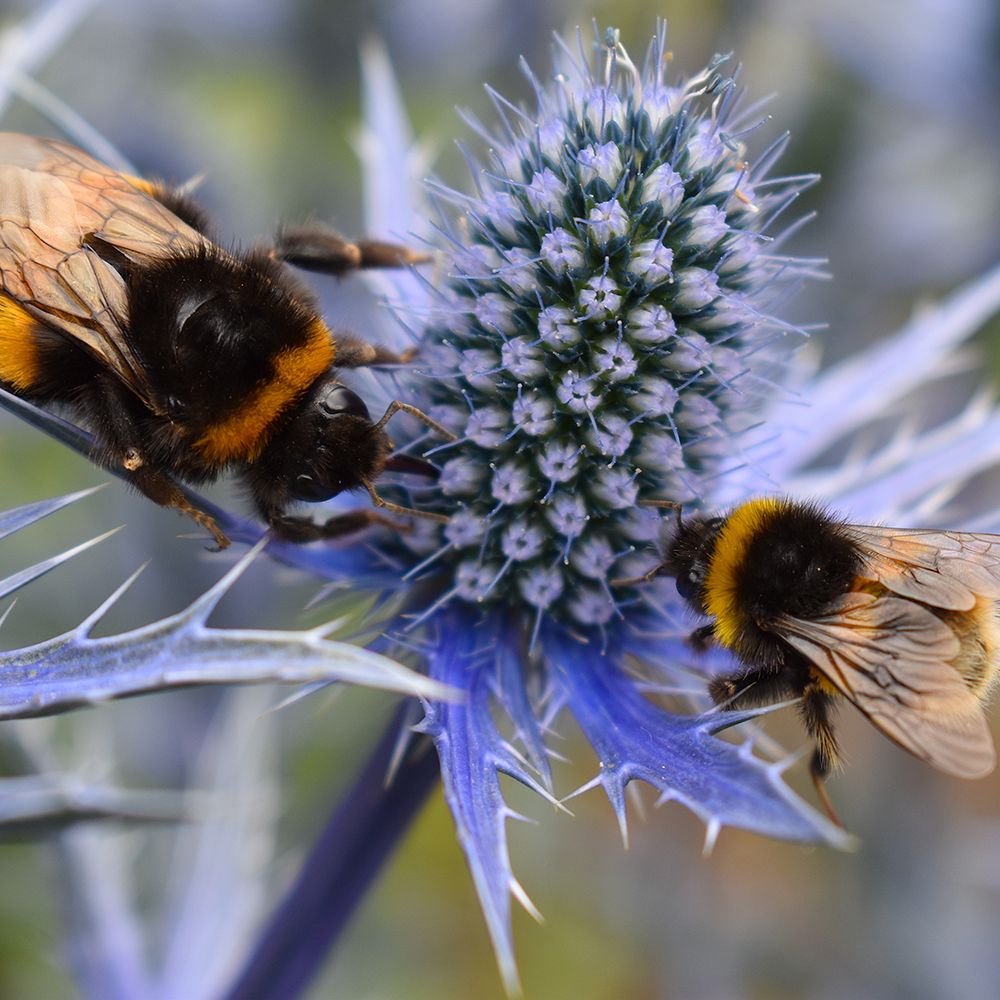
Food Warriors Course
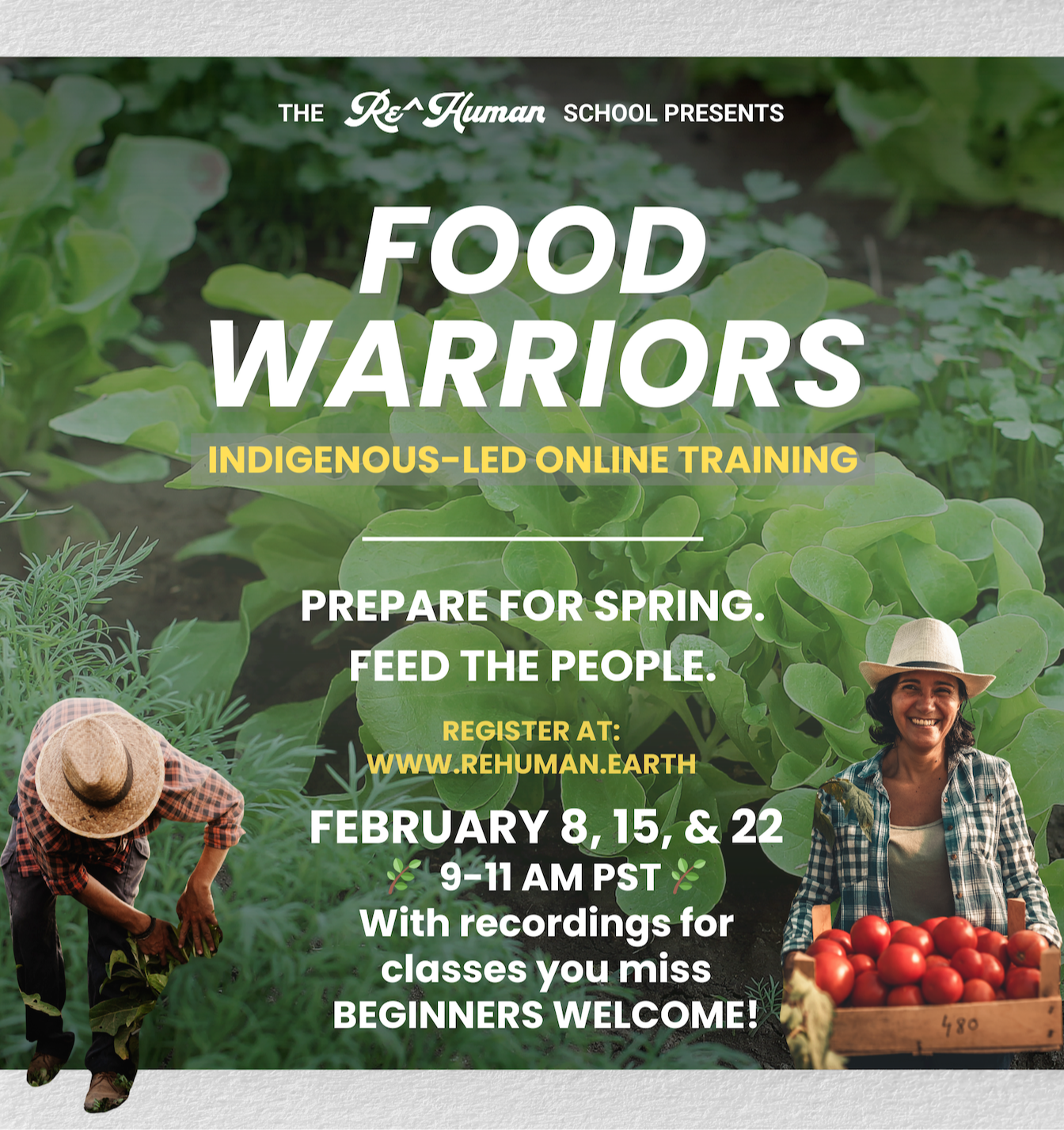
Course Overview
In FOOD WARRIORS, you will join like-minded people training to produce food for their community. Beginners welcome!
Each student’s goal for the course?
1. Be inspired by Indigenous food warriors/food producers.
2. Explore their value systems and compasses for relating to self and land.
3. Walk away with a plan for bringing food to the people this spring/summer/fall...
Students may also take Food Warriors Level II in Summer 2026 with the goal of distributing at least one harvest to their community.
From raised beds to hoop houses, from lawn farms to forest foraging, from the honorable hunt to the honorable harvest, we will take charge of our communities' local food production (and away from the corporations that seek to control it).
In this course, we will:
-
Hear from expert food growers and guest speakers
-
Learn about soil and soil health
-
Explore seed sovereignty and seed diversity
-
Discuss sustainable, reciprocal, and respectful meat sources
-
Join a community of like-minded individuals and cultivate a community of care and support
-
Learn how to produce food for our communities one seed at a time
-
Generate personal plans for planting at least one seed (and maybe many more) in spring 2026
Course Schedule:
Sunday, 9AM-11AM Pacific Time, February 8
Sunday, 9AM-11AM Pacific Time, February 15
Sunday, 9AM-11AM Pacific Time, February 22
Course Location:
Via the same Zoom link each time
(Course recordings available for days you miss)
You will receive the Join Link and Discussion Board after registering
Modules
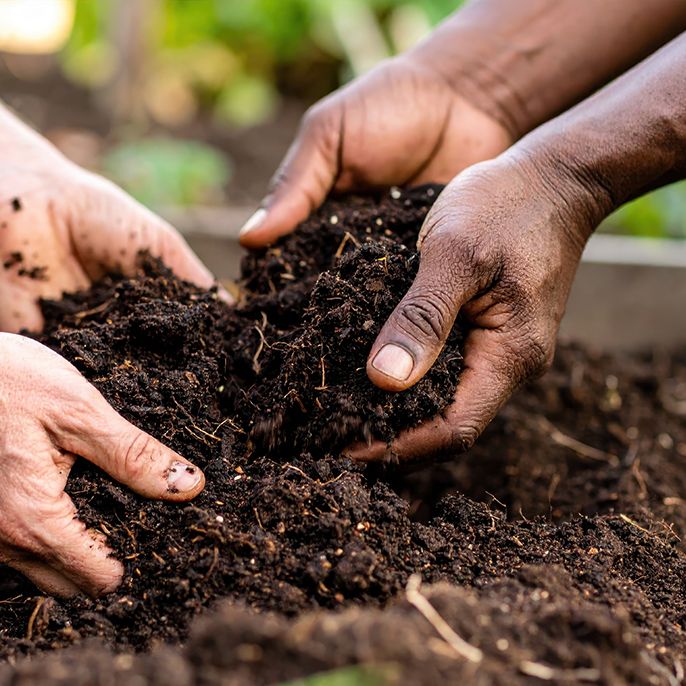
Module 1: Soil
In Module 1 of the Food Warriors course, we will:
1) Learn about Indigenous visions of reciprocal land ethics.
2) Choose from several Food Warrior breakout rooms on a topic of our choice (raised beds, hoop houses, lawn gardens, hunting, foraging etc.).
3) Begin to envision where our projects will take place.

Module 2: Seeds
In Module 2, we will work on our individual plans (budget, design, food type(s), plans for sustaining the effort, plans for harvesting in the fall).
1) Learn from guest speakers about the pragmatic and spiritual aspects of planting seeds and caring for their maintenance.
2) We will continue in breakout rooms categorized by topic.
3) We will further refine our plans.
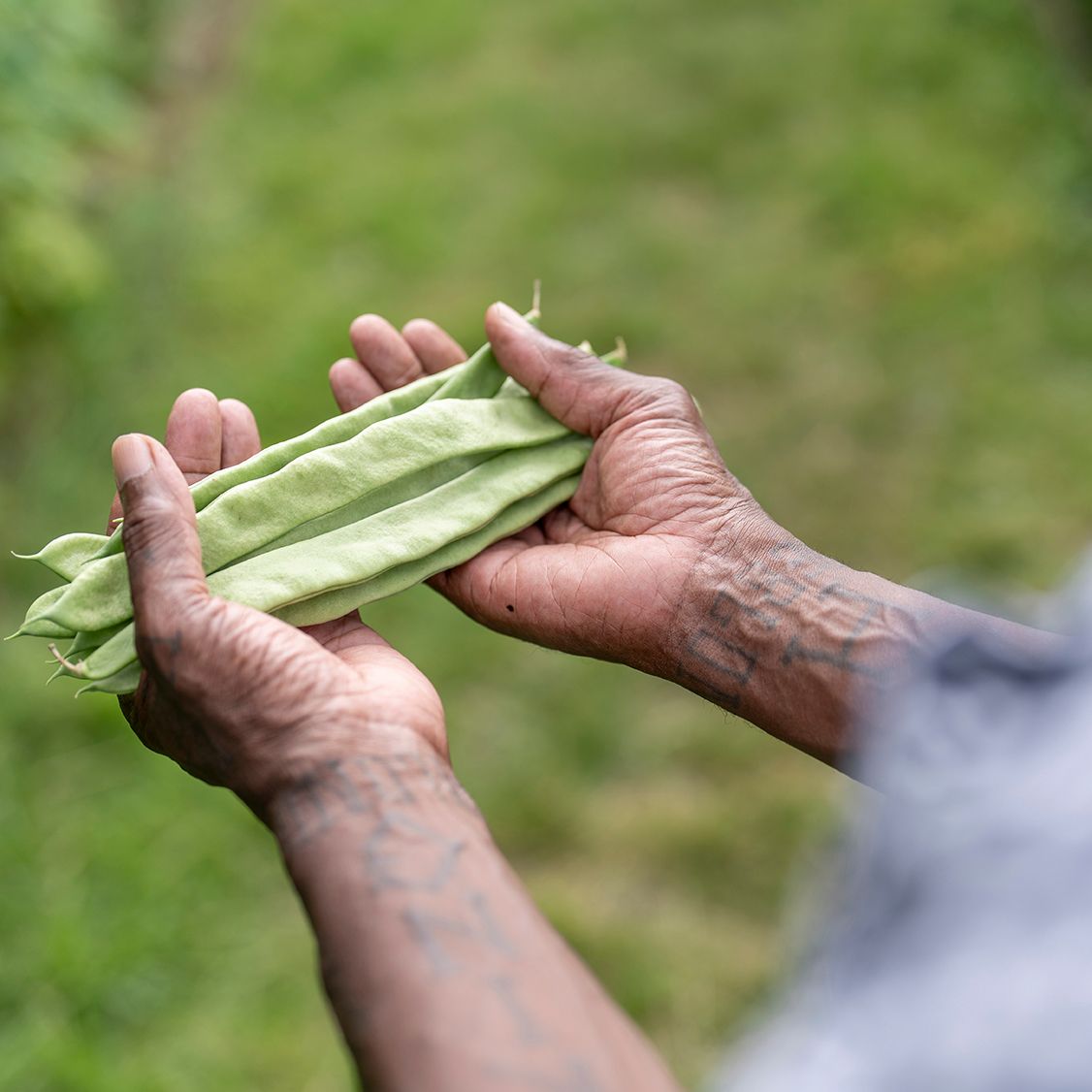
Module 3: Harvest
In Module 3, we will discuss what it means to distribute food to our communities. We will begin to imagine ways we will do it in our plan.
1) Hear from guest speakers about the joyful process of Feeding the People (and possibly selling or trading).
2) We will do our final breakout room session.
3) We will plan ways in which we will share the gifts of our harvest.
Empowering ourselves and others
Reconnecting with local food production for our communities


